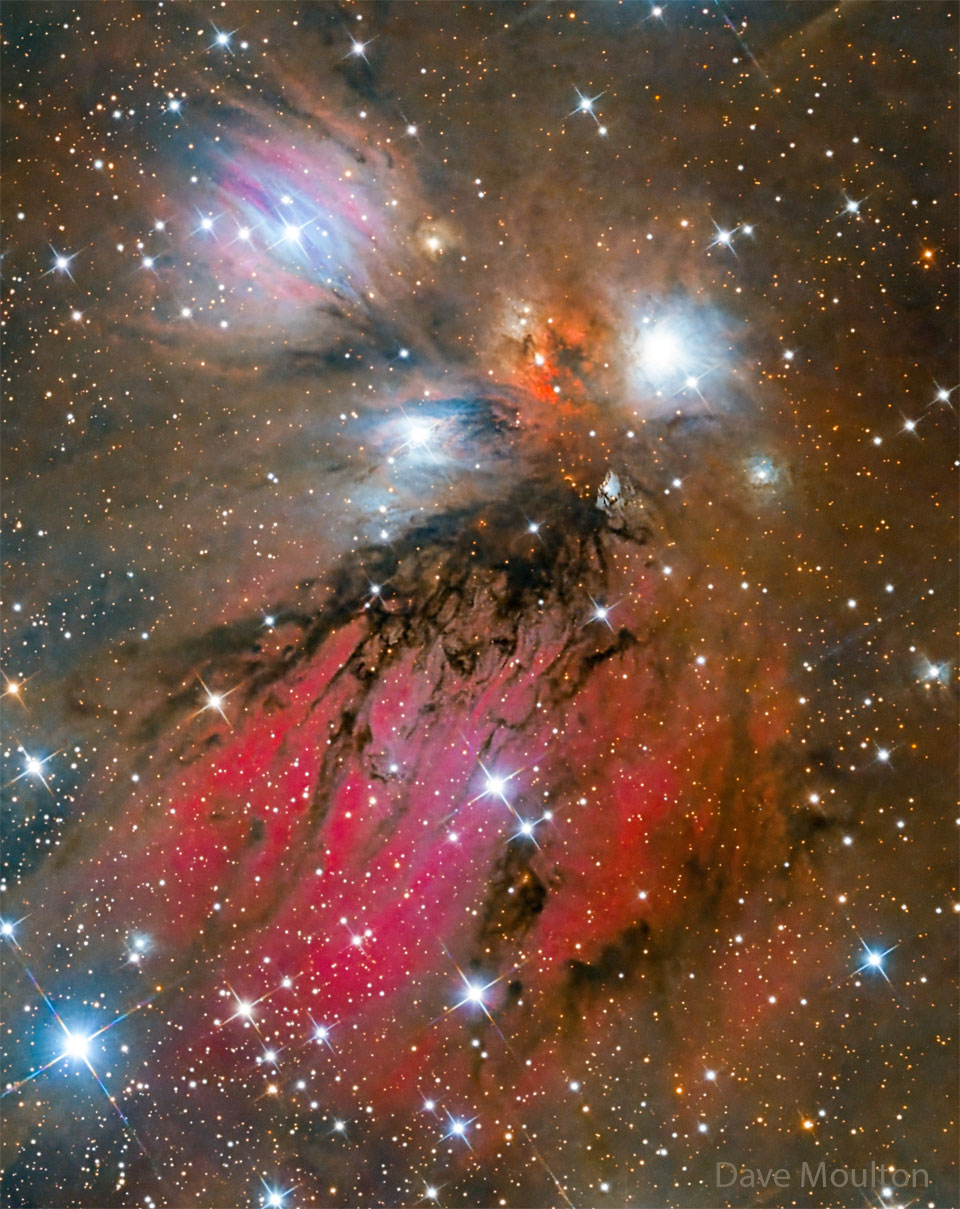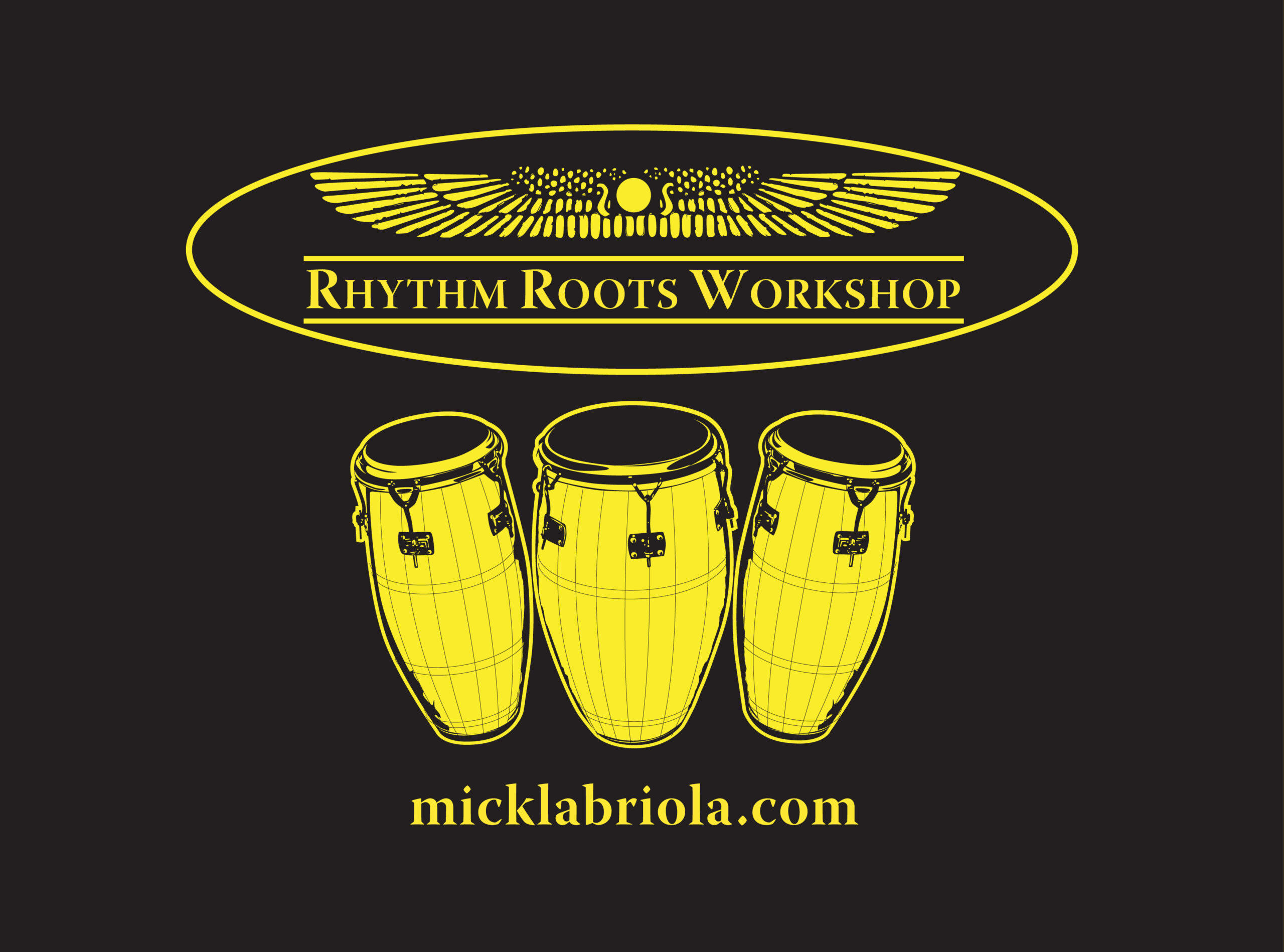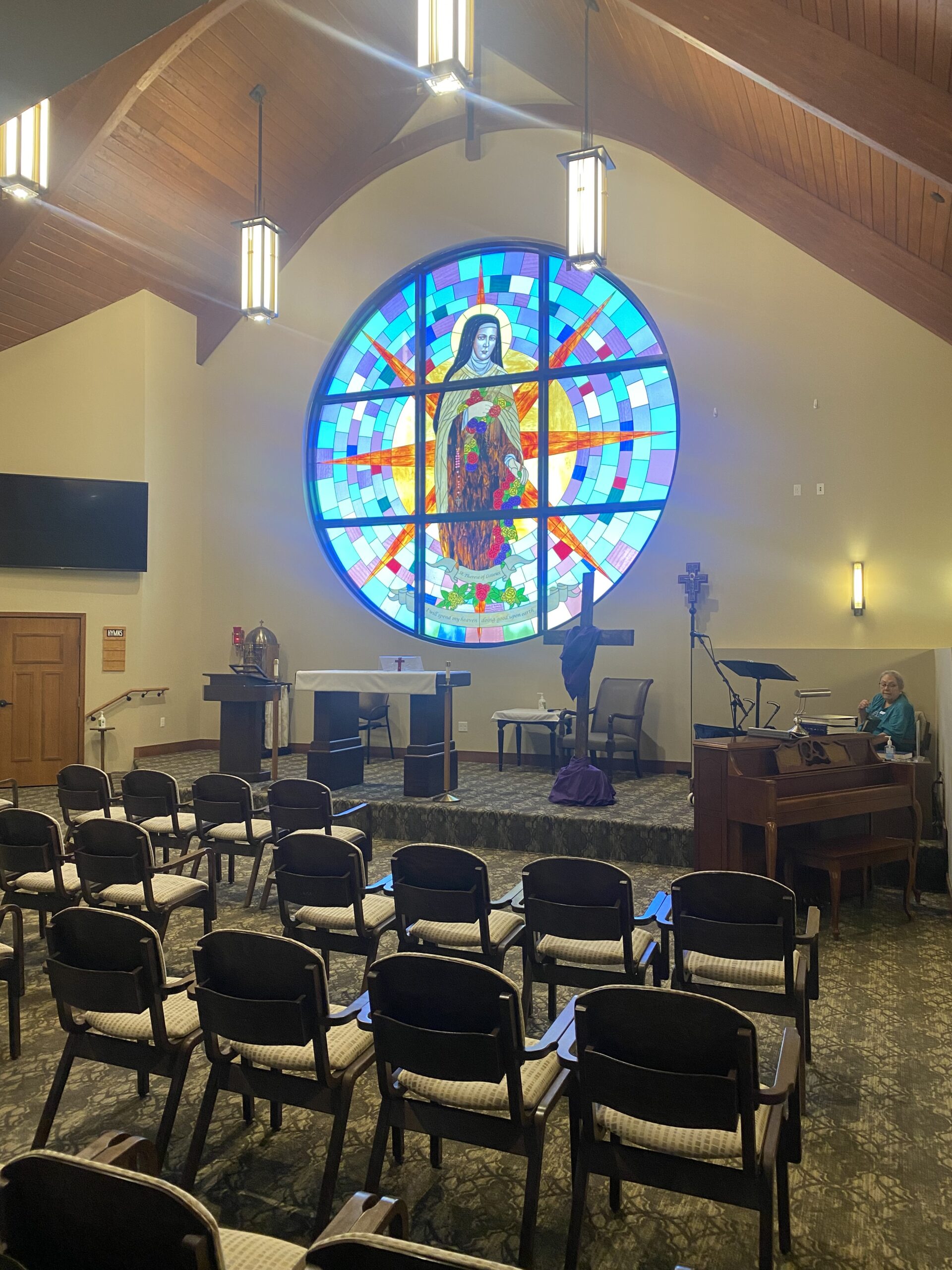Blog
Joseph Maurice Ravel (7 March 1875 – 28 December 1937) was a French composer, pianist and conductor. He is often associated with Impressionism along with his elder contemporary Claude Debussy, although both composers rejected the term. In the 1920s and 1930s Ravel was internationally regarded as France’s greatest living composer.
Born to a music-loving family, Ravel attended France’s premier music college, the Paris Conservatoire; he was not well regarded by its conservative establishment, whose biased treatment of him caused a scandal. After leaving the conservatoire, Ravel found his own way as a composer, developing a style of great clarity and incorporating elements of modernism, baroque, neoclassicism and, in his later works, jazz. He liked to experiment with musical form, as in his best-known work, Boléro (1928), in which repetition takes the place of development. Renowned for his abilities in orchestration, Ravel made some orchestral arrangements of other composers’ piano music, of which his 1922 version of Mussorgsky‘s Pictures at an Exhibition is the best known.
A slow and painstaking worker, Ravel composed fewer pieces than many of his contemporaries. Among his works to enter the repertoire are pieces for piano, chamber music, two piano concertos, ballet music, two operas and eight song cycles; he wrote no symphonies or church music. Many of his works exist in two versions: first, a piano score and later an orchestration. Some of his piano music, such as Gaspard de la nuit (1908), is exceptionally difficult to play, and his complex orchestral works such as Daphnis et Chloé (1912) require skilful balance in performance.
Ravel was among the first composers to recognise the potential of recording to bring their music to a wider public. From the 1920s, despite limited technique as a pianist or conductor, he took part in recordings of several of his works; others were made under his supervision.
more...A relatively normal galaxy — but seen from its edge. Many disk galaxies are actually just as thin as NGC 5866, the Spindle galaxy, pictured here, but are not seen edge-on from our vantage point. A perhaps more familiar galaxy seen edge-on is our own Milky Way galaxy. Also cataloged as M102, the Spindle galaxy has numerous and complex dust lanes appearing dark and red, while many of the bright stars in the disk give it a more blue underlying hue. The blue disk of young stars can be seen in this Hubble image extending past the dust in the extremely thin galactic plane. There is evidence that the Spindle galaxy has cannibalized smaller galaxies over the past billion years or so, including multiple streams of faint stars, dark dust that extends away from the main galactic plane, and a surrounding group of galaxies (not shown). In general, many disk galaxies become thinbecause the gas that forms them collides with itself as it rotates about the gravitational center. The Spindle galaxy lies about 50 million light years distant toward the constellation of the Dragon (Draco).

more...
David Jon Gilmour CBE born 6 March 1946 is an English musician, singer and songwriter, who is a member of the rock band Pink Floyd. He joined as guitarist and co-lead vocalist in 1967, shortly before the departure of founding member Syd Barrett. Pink Floyd achieved international success with the concept albums The Dark Side of the Moon (1973), Wish You Were Here (1975), Animals(1977), The Wall (1979) and The Final Cut (1983). By the early 1980s, they had become one of the highest-selling and most acclaimed acts in music history; by 2012, they had sold more than 250 million records worldwide, including 75 million in the United States. Following the departure of Roger Waters in 1985, Pink Floyd continued under Gilmour’s leadership and released three more studio albums.
more...Flora Purim (born March 6, 1942) is a Brazilian jazz singer known primarily for her work in the jazz fusion style. She became prominent for her part in Return to Forever with Chick Corea and Stanley Clarke. She has recorded and performed with numerous artists, including Dizzy Gillespie, Gil Evans, Opa, Stan Getz, George Duke, Mickey Hart of the Grateful Dead, Santana, Jaco Pastorius, and her husband Airto Moreira.
In 2002, Purim was the recipient of one of Brazil’s highest awards, the 2002 Ordem do Rio Branco for Lifetime Achievement. She has been called “The Queen of Brazilian Jazz”.
Purim was born in Rio de Janeiro, Brazil, to Jewish parents who were classical musicians. Her father Naum Purim played violin and her mother Rachel Vaisberg was a pianist. When her father was out of the house, her mother played jazz.
more...John Leslie “Wes” Montgomery (March 6, 1923 – June 15, 1968) was an American jazz guitarist. Montgomery was known for his unusual technique of plucking the strings with the side of his thumb, and for his extensive use of octaves, which gave him a distinctive sound.
Montgomery often worked with his brothers Buddy (Charles F.) and Monk (William H.) and with organist Melvin Rhyne. His recordings up to 1965 were oriented towards hard bop, soul jazz, and post bop, but around 1965 he began recording more pop-oriented instrumental albums that found mainstream success. His later guitar style influenced jazz fusion and smooth jazz.
Montgomery was born in Indianapolis, Indiana. According to NPR, the nickname “Wes” was a child’s abbreviation of his middle name, Leslie. The family was large, and the parents split up early in the lives of the children. Montgomery and his brothers moved to Columbus, Ohio, with their father and attended Champion High School. Montgomery died of a heart attack on June 15, 1968, while at home in Indianapolis. He was 45 years old.
more...
Howard McGhee (March 6, 1918 – July 17, 1987) was one of the first American bebop jazz trumpeters, with Dizzy Gillespie, Fats Navarro and Idrees Sulieman. He was known for his fast fingering and high notes. He had an influence on younger bebop trumpeters such as Fats Navarro.
Howard McGhee was born in Tulsa, Oklahoma, United States, and raised in Detroit, Michigan.
During his career, he played in bands led by Lionel Hampton, Andy Kirk, Count Basie and Charlie Barnet. He was in a club listening to the radio when he first heard Charlie Parker and was one of the earliest adopters of the new style, a fact that was disapproved by older musicians like Kid Ory.
In 1946–1947, some record sessions for the new label Dial were organized in Hollywood, with Charlie Parker and McGhee. The first was held on July 29, 1946. The musicians were Charlie Parker, Howard McGhee, Jimmy Bunn, Bob Kesterson, and Roy Porter. With Parker’s health near to collapse, he played “Max is Making Wax”, “Lover Man“, and “The Gypsy”
more...James Robert Wills (March 6, 1905 – May 13, 1975 Kosse, TX) was an American Western swing musician, songwriter, and bandleader. Considered by music authorities as the founder of Western swing, he was known widely as the King of Western Swing (although Spade Cooley self-promoted the moniker “King of Western Swing” from 1942 to 1969). He was also noted for punctuating his music with his trademark “ah-haa” calls.
Wills formed several bands and played radio stations around the South and West until he formed the Texas Playboys in 1934 with Wills on fiddle, Tommy Duncan on piano and vocals, rhythm guitarist June Whalin, tenor banjoist Johnnie Lee Wills, and Kermit Whalin who played steel guitar and bass. Oklahoma guitar player Eldon Shamblin joined the band in 1937 bringing jazzy influence and arrangements. The band played regularly on Tulsa, Oklahoma, radio station KVOO and added Leon McAuliffe on steel guitar, pianist Al Stricklin, drummer Smokey Dacus, and a horn section that expanded the band’s sound. Wills favored jazz-like arrangements and the band found national popularity into the 1940s with such hits as “Steel Guitar Rag“, “San Antonio Rose“, “Smoke on the Water“, “Stars and Stripes on Iwo Jima“, and “New Spanish Two Step“.
Wills and the Texas Playboys recorded with several publishers and companies, including Vocalion, Okeh, Columbia, and MGM. In 1950, Wills had two top 10 hits, “Ida Red likes the Boogie” and “Faded Love“, which were his last hits for a decade. Throughout the 1950s, he struggled with poor health and tenuous finances. He continued to perform frequently despite a decline in the popularity of his earlier hit songs, and the growing popularity of rock and roll. Wills had a heart attack in 1962, and a second one the next year, which forced him to disband the Texas Playboys. Wills continued to perform solo.
more...In this celestial abstract art composed with a cosmic brush, dusty nebula NGC 2170, also known as the Angel Nebula, shines just above the image center. Reflecting the light of nearby hot stars, NGC 2170 is joined by other bluish reflection nebulae, a red emission region, many dark absorption nebulae, and a backdrop of colorful stars. Like the common household items that abstract painters often choose for their subjects, the clouds of gas, dust, and hot stars featured here are also commonly found in a setting like this one — a massive, star-forming molecular cloud in the constellation of the Unicorn (Monoceros). The giant molecular cloud, Mon R2, is impressively close, estimated to be only 2,400 light-years or so away. At that distance, this canvas would be over 60 light-years across.

J. B. Lenoir (March 5, 1929 – April 29, 1967) was an American blues guitarist and singer-songwriter, active in the Chicago blues scene in the 1950s and 1960s.
Lenoir was born in Monticello, Mississippi. His full given name was simply “J. B.”; the letters were not initials. Lenoir’s guitar-playing father introduced him to the music of Blind Lemon Jefferson, which became a major influence. During the early 1940s, Lenoir worked with the blues artists Sonny Boy Williamson II and Elmore James in New Orleans. He was later influenced by Arthur Crudup and Lightnin’ Hopkins.
Lenoir died on April 29, 1967, in Urbana, Illinois, at the age 38, of injuries he had suffered in a car crash three weeks earlier.
more...Louis A. “Lou” Levy (March 5, 1928 – January 23, 2001) was an American jazz pianist.
Levy was born to Jewish parents in Chicago, Illinois, United States, and started to play the piano aged twelve. His chief influences were Art Tatum and Bud Powell.
A professional at age nineteen, Levy played with Georgie Auld (1947 and later), Sarah Vaughan, Chubby Jackson (1947–1948), Boyd Raeburn, Woody Herman’s Second Herd (1948–1950), Tommy Dorsey (1950) and Flip Phillips. Levy left music for a few years in the early 1950s and then returned to gain a strong reputation as an accompanist to singers, working with Peggy Lee (1955–1973), Ella Fitzgerald (1957–1962), June Christy, Anita O’Day and Pinky Winters. Levy also played with Dizzy Gillespie, Shorty Rogers, Stan Getz, Terry Gibbs, Benny Goodman, Supersax and most of the major West Coast players.Levy recorded as a leader for Nocturne (1954), RCA, Jubilee, Philips, Interplay (1977), and Verve.
Levy died of a heart attack in Dana Point, California at the age of 72
more...

Here we see NGC 4423, a galaxy that lies about 55 million light-years away in the constellation Virgo. In this image NGC 4423 appears to have quite an irregular, tubular form, so it might be surprising to find out that it is in fact a spiral galaxy. Knowing this, we can make out the denser central bulge of the galaxy, and the less crowded surrounding disc (the part that comprises the spiral arms). If NGC 4423 were viewed face-on it would resemble the shape that we most associate with spiral galaxies: the spectacular curving arms sweeping out from a bright centre, interspersed with dimmer, darker, less populated regions. But when observing the skies we are constrained by the relative alignments between Earth and the objects that we are observing: we cannot simply reposition Earth so that we can get a better face-on view of NGC 4423! Of course, celestial objects do not remain sedentary in space, but often move at extremely rapid velocities relative to one another. This might suggest that, should a galaxy be moving in a fortuitous direction relative to Earth, we might be able to view it from a substantially different perspective once it has moved far enough. This is theoretically possible, but the reality is that the distances in space are simply far too big, and human lifetimes far too short, for a noticeable difference in relative alignment to occur. In other words, this is more-or-less the view of NGC 4423 that we will always have! [Image Description: A broad spiral galaxy is seen edge-on, so that its spiral arms can’t be seen. Visible dust and stars trace the disc of the galaxy, surrounded by a glowing halo above and below. The colour of the galaxy changes smoothly between the outer disc at the ends and the bulge in the centre. A few bright stars surround the galaxy on a dark background.]

Ricky Ford (born March 4, 1954) is an American jazz tenor saxophonist.
Ford was born in Boston, Massachusetts, United States,) and studied at the New England Conservatory. In 1974, he recorded with Gunther Schuller and then played in the Duke Ellington Orchestra under Mercer Ellington from 1974 to 1976. After this he played with Charles Mingus (1976–77), Dannie Richmond (1978–81), Lionel Hampton (1980–82), and then in the Mingus Dynasty (1982). He also played with Abdullah Ibrahim (1983–90) and Mal Waldron (1989–94), and has recorded with many other notable musicians including Yusef Lateef, Sonny Stitt, McCoy Tyner, Freddie Hubbard, Amina Claudine Myers, Sathima Bea Benjamin, Steve Lacy, and others.
more...More Posts
- Steve Lacy Day
- World Music with Los Ruphay
- Daily Roots with Playing for Change
- The Cosmos with Berkeley 59
- Al Di Meola Day
- Junior Cook Day
- World Music with Deepak Ram
- Daily Roots with Bunny Wailer
- Performing with Soul Tight Committee 7-21-18
- The Cosmos with LL Pegasi
- Cat Stevens Day
- Sonny Clark Day
- World Music with Bamba Wassoulou Groove
- Daily Roots with the Abyssinians
- The Cosmos with NGC 6729
- Carlos Santana Day
- Ernie Wilkins Day
- World Music with Vicente Amigo
- Daily Roots with Earth & Stone
- The Cosmic with ARP 336
